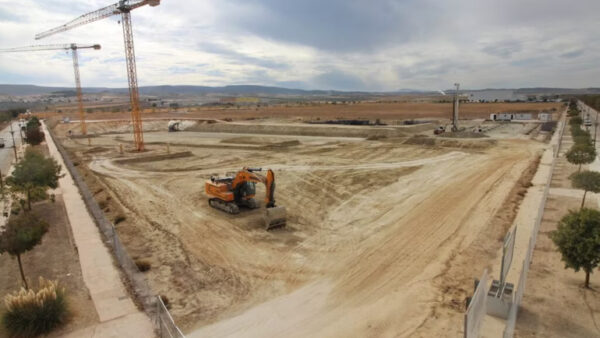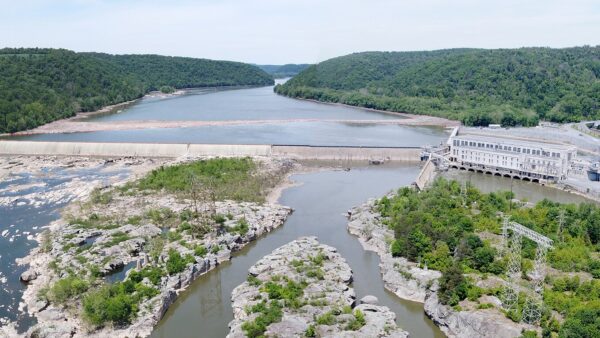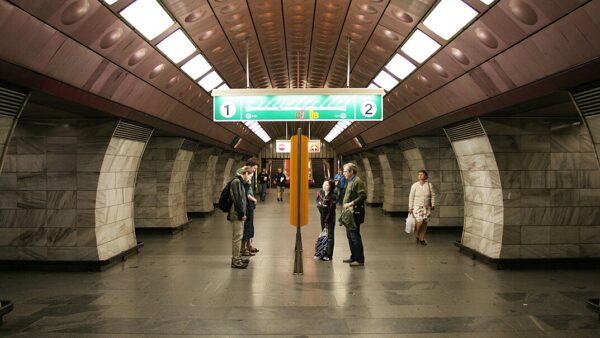An engineering association wants the UK to introduce an automated charging system on roads in England that would bill motorists according to the length of their journeys, and other metrics, to make up for a looming funding gap.
The automatic system, which could be set up like London’s congestion charge, would make up for predicted falls in existing sources of tax revenue and put an end to “four decades of under investment”, says the Association for Consultancy and Engineering (ACE).
In a report published today the ACE proposes “dynamic” road charging starting in 2030 to bill road users depending on how far they drive, modified by variables such as the vehicle’s location, the degree of congestion on the network, the vehicle’s carbon emissions and its size.
It focuses on England because responsibility for roads in Northern Ireland, Scotland and Wales are devolved to local legislatures, while the central UK Government is responsible for the English network.
The long delay to 2030 would be necessary to prepare England’s roads and drivers for the transition, with work starting now, said the ACE.
The money raised would be invested back into the network, something the ACE says is necessary because the government has failed to spend as much as it should on the UK’s roads since 1975, when the main motorway system was completed.
Investment in 2000 was at half the level of 1975, rising to 75% in 2011. However, future tax revenue is likely to “dry up” owing to technological trends.
The uptake of zero-emissions vehicles would hit the Treasury’s receipts on vehicle excise duty (the per-vehicle tax), from which zero-emissions vehicles are exempt, while the expected proliferation of electric vehicles would hit fuel duties.
Hardest hit by the investment deficit is England’s local road network, which makes up 98% of the network by mileage and carries two-thirds of its traffic, the report says.
Last year the Asphalt Industry Alliance warned that one sixth of the UK’s local road network will have to be repaired or closed within five years (see further reading, below). It said the annual shortfall between what local authorities need to spend and what they received from central government was about $900m, leading to an accumulated road-repair deficit of $15bn.
In response to the report a UK Treasury spokesperson told the BBC that the government was “committed to ensuring that our roads are fit for purpose”, and said it was investing £15bn in the Road Investment Strategy.
The spokesperson rather confirmed the ACE’s warning on tax revenues by adding: “We are also supporting hardworking people across the country by freezing fuel duty for the eighth year in a row, saving drivers £160 a year on average.”
Work has already begun on the development of smart motorways in England. Highways England has employed Canada’s Parsons Brinckerhoff and a joint venture between UK consulting engineer Mott MacDonald and Swedish engineer Sweco to work on aspects of the problem.
Highways England’s smart motorways programme is aimed at increasing capacity and reducing congestion on 470km of its busiest motorway network by converting the existing hard shoulders into extra running lanes and introducing emergency refuge areas. Additional technology is being developed to identify vehicles, control their speeds, manage congestion and assist incident management.
- The ACE report, titled “Funding Roads for the Future”, can be downloaded here.
Image: England’s motorways are among the most heavily used roads in the world (Mott MacDonald)
Further reading:






